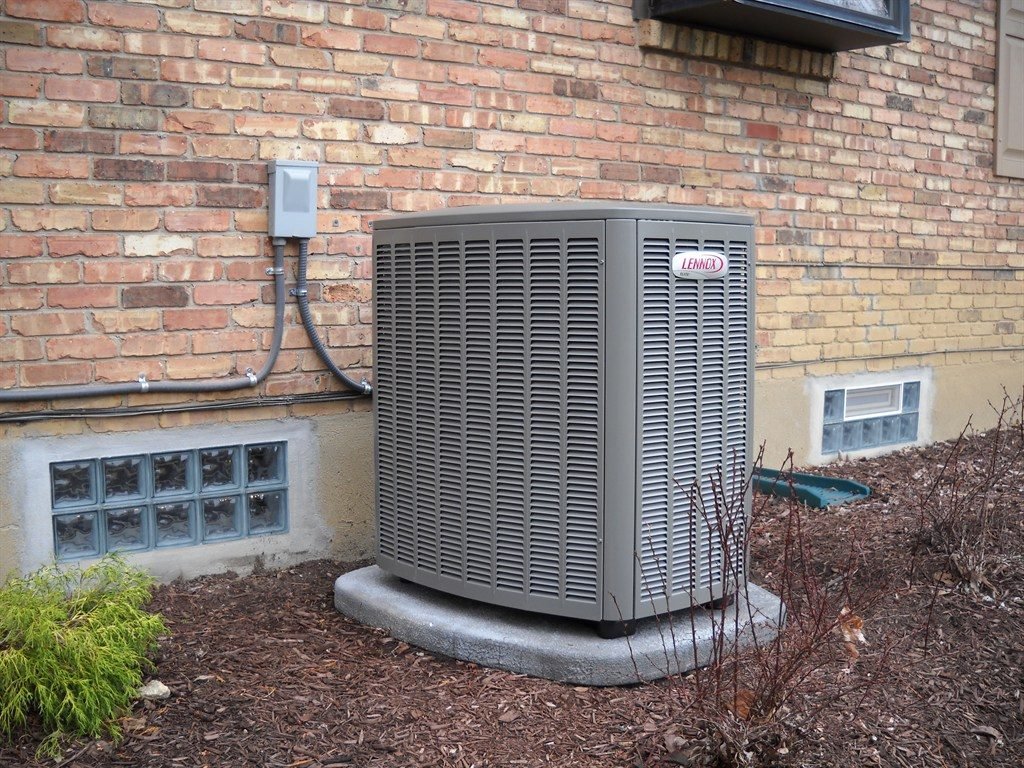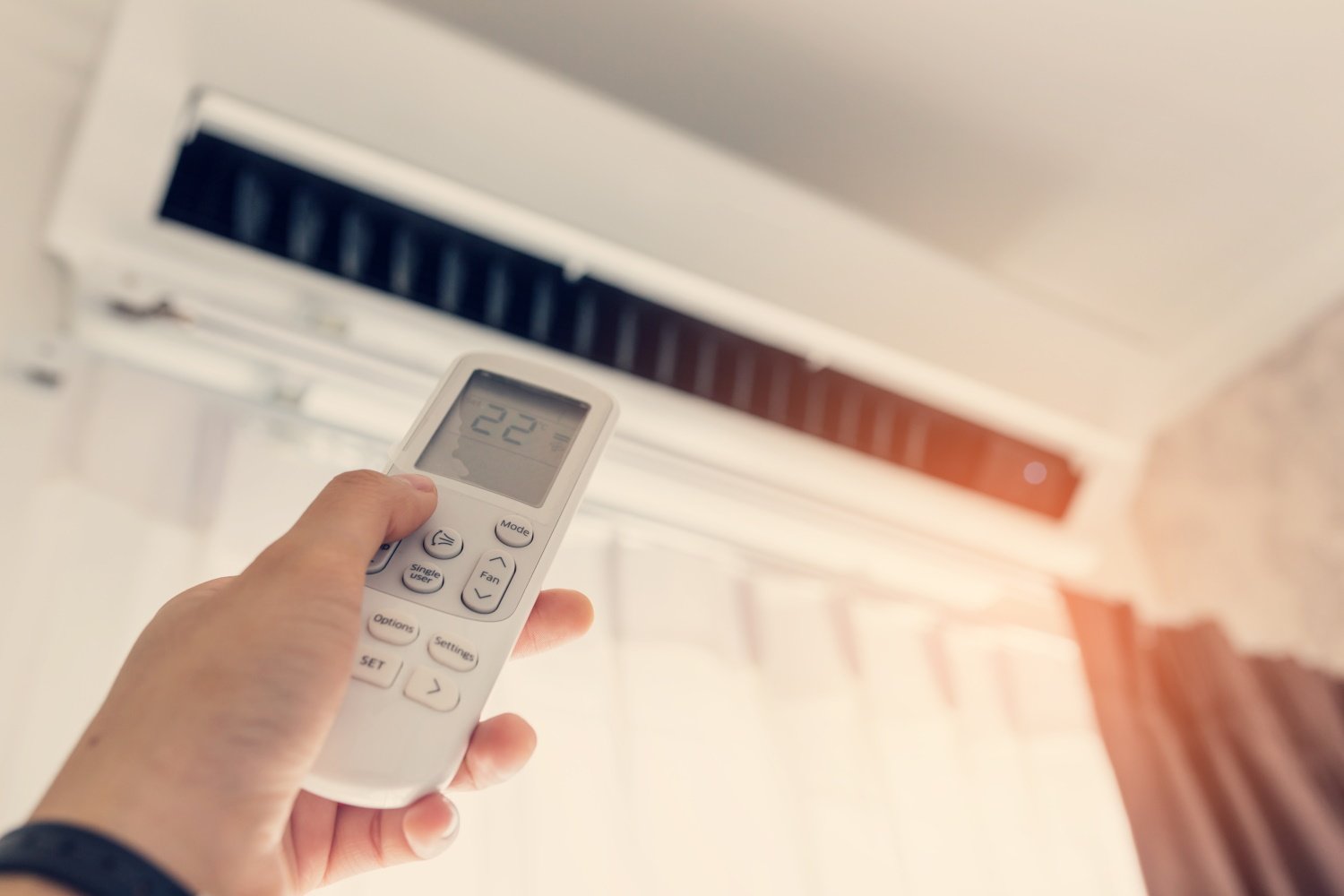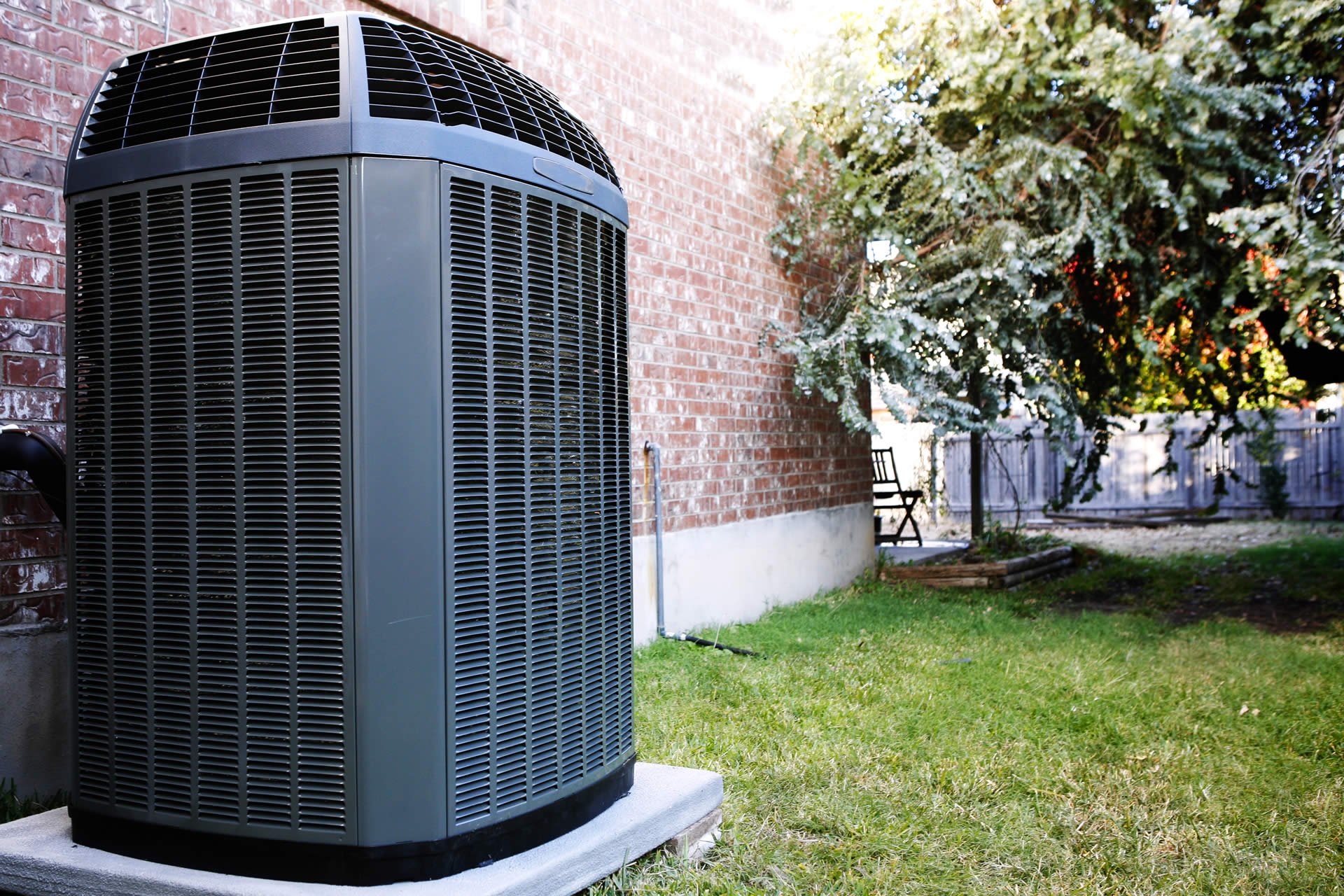Are you considering installing air conditioning in your UK home? [- The Ultimate Guide: Home Air Conditioning UK Cost] provides comprehensive insights into the costs associated with air conditioning installation, maintenance, and operation in the UK. Whether you’re exploring energy-efficient options or seeking cost-effective solutions, this guide offers expert advice to help you make informed decisions about your home’s cooling needs.
Key Takeaways:
- Typical air conditioning installation costs range from £1,500 to £4,500.
- Single air conditioning units cost from £1,250 to £2,700.
- Running costs range from 14p to 30p per hour.
- Single-room installations cost around £2,100 to £2,400.
- HVAC systems can cost between £5,000 to £30,000.
- Multi-split systems with multiple outlets can have monthly running costs of up to £150.
Home Air Conditioning UK Cost

Overview
The home air conditioning uk cost varies depending on factors like system type and size. For a typical home, expect to pay between £1,500 and £4,500 for a good installation. Installation costs for a single unit range from £1,250 to £2,700, while running costs hover around 14p to 30p per hour.
Installation Costs
The type of system you choose significantly impacts installation costs. For example, a single room will set you back between £2,100 and £2,400, while a whole-home HVAC system can cost anywhere from £5,000 to £30,000.
Running Costs
The size and type of your system also influence running costs. A single-split system with one indoor and one outdoor unit will naturally cost less to run than a multi-split system with multiple indoor units. Multi-split systems can cost up to £150 per month to operate.
Factors Affecting Cost
- System Type: Split systems (most common in the UK) are generally cheaper than central systems.
- System Size: The larger the system, the higher the cost.
- Installation Complexity: Difficult installations (e.g., in tight spaces) can add to the expense.
- Energy Efficiency: More energy-efficient systems cost more upfront but can save you money in the long run.
- Labor Costs: Rates vary by region and contractor.
Cost-Saving Tips
- Consider a smaller system: If you don’t need to cool your entire home, a single-room system will be cheaper.
- Choose an energy-efficient system: Look for systems with a high Energy Efficiency Ratio (EER).
- Get multiple quotes: Don’t settle for the first quote you receive.
- Consider DIY installation: If you’re handy, you can save money by installing the system yourself (not recommended for complex systems).
Conclusion
The home air conditioning uk cost can be significant, but it’s a worthwhile investment if you want to beat the heat in comfort. By carefully considering your needs and options, you can find a system that fits your budget and meets your cooling requirements.
-
Are you concerned about the safety of your home? You need to install dependable home alarm systems. For more information on home alarm systems and the best companies in Winnipeg, visit home alarm companies Winnipeg.
-
If you’re seeking a trustworthy and affordable home security systems, Our comprehensive guide to home alarm systems in India covers everything you need to know. Click home alarm system India to learn more.
-
Concerned about the cost of home security systems? Our guide to home alarm system prices in South Africa can help you find the best system for your needs and budget. home alarm system prices South Africa
-
Are you thinking of hiring a home aide? Responsibilities of home aides may vary depending on the needs of the client. Learn more on home aide responsibilities to ensure you find the right fit for your needs.
Energy Consumption and Efficiency Ratings

When it comes to air conditioning, energy consumption and efficiency ratings play a crucial role in determining your costs and environmental impact.
Understanding Energy Consumption
The amount of energy an air conditioner consumes is measured in kilowatts per hour (kWh). The higher the kWh, the more energy the unit consumes. To calculate your estimated energy consumption, multiply the kWh rating of your unit by the number of hours you anticipate using it.
Energy Efficiency Ratings
Air conditioners are assigned an Energy Efficiency Rating (EER) or Seasonal Energy Efficiency Ratio (SEER) rating. These ratings indicate how efficiently the unit converts energy into cooling. The higher the EER or SEER, the more efficient the unit.
Benefits of Energy Efficiency
Energy-efficient air conditioners offer several benefits:
- Lower running costs: Reduced energy consumption means lower electricity bills.
- Environmental friendliness: Consuming less energy reduces your carbon footprint.
- Improved comfort: Efficient units maintain a consistent temperature without overworking.
Tips for Minimizing Energy Consumption
- Choose an energy-efficient unit: Look for models with high EER or SEER ratings.
- Use timers: Set timers to turn off the unit when you don’t need it.
- Close curtains: Block sunlight from entering the room to reduce heat gain.
- Insulate windows: Reduce heat loss through poorly insulated windows.
Key Takeaways:
- Energy consumption is measured in kWh, and higher kWh means higher energy use.
- Energy efficiency ratings (EER or SEER) indicate how efficiently the unit converts energy.
- Energy-efficient units save money, reduce environmental impact, and improve comfort.
- Simple steps like using timers, closing curtains, and insulating windows can minimize energy consumption.
Relevant Sources:
Factors Affecting Overall Costs
So you’re considering installing an air conditioning system in your UK home? Wise choice! But before you dive in, let’s chat about the factors that can affect your overall costs.
Installation Costs
The size of your property and the type of AC unit you choose will significantly impact the installation price. A single-room unit will be much cheaper than a whole-home HVAC system. Also, the more units you install, the higher the cost.
Running Costs
How much your AC unit costs to run will depend on how often you use it, the size of your space, and the energy efficiency of your system. Running an AC unit in cooling mode will consume more energy than in heating mode.
Other Factors
Don’t forget about these other factors:
- Location: AC installation costs tend to be higher in remote areas.
- Maintenance: Regular maintenance can extend the life of your AC unit and minimize unexpected repairs.
- Energy Costs: The cost of electricity in the UK varies, so factoring this into your budget is crucial.
Key Takeaways:
- Installation costs hinge on the size and type of AC unit and the property’s size.
- Running costs are influenced by usage, energy efficiency, and space size.
- Maintenance and energy costs also contribute to the overall price.
Citations:
- How Much Does Air Conditioning Cost to Run in the UK?
- Air Conditioning Installation Cost in 2024 | Checkatrade
Cost-Saving Tips and Energy-Efficient Options
Feeling the heat? Air conditioning can be your saving grace, but it can also put a dent in your pocket. Let’s dig into some clever cost-saving tips and energy-efficient options to keep your home cool without breaking the bank.
Key Takeaways:
- High-efficiency ACs slash energy use by up to 50%.
- Smart thermostats optimize cooling, saving you money.
- Window shades and tinted film minimize heat gain.
- Insulation and sealing leaks prevent heat from creeping in.
- Adjust thermostat temperature for significant savings.
Energy Savers
Invest in Energy-Efficient ACs:
High-efficiency air conditioners with higher SEER (Seasonal Energy Efficiency Ratio) ratings cost more upfront but save you big bucks in the long run. SEER ratings of 13-15 are decent, 16-18 are excellent, and 19 and above are top-notch.
Smart Thermostats for the Win:
Smart thermostats take the guesswork out of cooling. They learn your habits, adjust temperatures automatically, and grant remote access to your AC. Some even come with energy-saving modes.
Cover Your Windows:
Shady window coverings, tinted window film, and trees can block out a lot of heat. Dark-colored curtains or blinds do the best job of keeping the sun’s rays at bay.
Insulate and Seal Leaks:
Insulating your attic, walls, and ducts prevents heat from entering. Inspect your home for any air leaks and seal them with caulk or weatherstripping. Every little bit helps!
Cost Cutters
Choose a Smaller System:
A smaller AC unit may be sufficient for your needs, saving you on installation and running costs. Consult a qualified technician for expert advice.
Get Multiple Quotes:
Compare quotes from different installers to find the best deal. Don’t be afraid to negotiate on the price, especially during off-season.
Consider DIY Installation:
If you’re handy, consider DIY installation for single-room units. However, it’s crucial to follow proper safety protocols and local building codes.
Sources
- 10 Most Cost-Effective Ways to Cool a House and Reduce AC Expenses
- EDF Energy: Our Guide to Home Air Con
FAQ
Q1: What are the factors that affect the cost of air conditioning installation?
Q2: What are some cost-effective ways to run an air conditioner?
Q3: What are the benefits of having an air conditioning system?
Q4: What are some tips for reducing the running costs of an air conditioner?
Q5: What type of air conditioner is most energy efficient?
- The Best Battery Picture Lamps for Effortless Artwork Illumination - April 1, 2025
- Double Sink Bath Vanity Tops: A Buyer’s Guide - April 1, 2025
- Bath Towel Measurements: A Complete Guide to Choosing the Right Size - April 1, 2025










